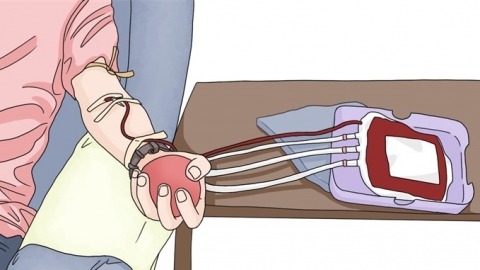Can patients with high blood pressure donate blood?
Whether or not patients with hypertension can donate blood depends on their specific blood pressure readings. If the elevation is only mild, they can usually donate blood. However, if the blood pressure is severely elevated, blood donation is generally not recommended. Detailed explanations are as follows:

If patients with hypertension have their blood pressure controlled within the normal range—systolic blood pressure below 140mmHg and diastolic blood pressure below 90mmHg—through regular lifestyle adjustments or medication, and they do not have any hypertension-related complications such as damage to the heart, brain, or kidneys, then blood donation may be considered.
However, if the blood pressure is significantly elevated and the patient experiences physical discomfort such as dizziness, headache, chest tightness, or other symptoms, blood donation is generally not advisable. Donating blood under such circumstances may worsen physical discomfort and could even trigger cardiovascular or cerebrovascular accidents. Before donating blood, patients should consult a qualified physician to ensure the safety and appropriateness of the donation.
After blood donation, patients should rest sufficiently and monitor their physical condition closely. If symptoms such as dizziness or nausea occur, prompt medical attention should be sought.








